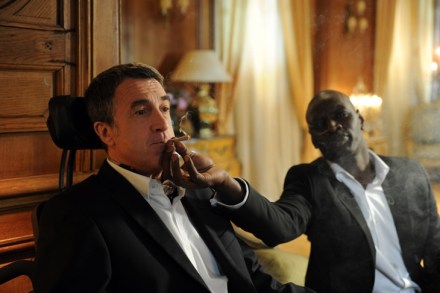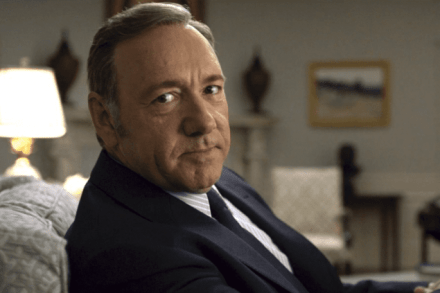Darkness visible | 16 November 2017
All photography requires light, but the light used in flash photography is unique — shocking, intrusive and abrupt. It’s quite unlike the light that comes from the sun, or even from ambient illumination. It explodes, suddenly, into darkness. The history of flash goes right back to the challenges faced by early photographers who wanted to use their cameras in places where there was insufficient light — indoors, at night, in caves. The first flash photograph was probably a daguerreotype of a fossil, taken in 1839 by burning limelight. For the next 50 years, photographers experimented with limelight, which was familiar from theatre illumination, with portable battery-driven lights — which Nadar




















